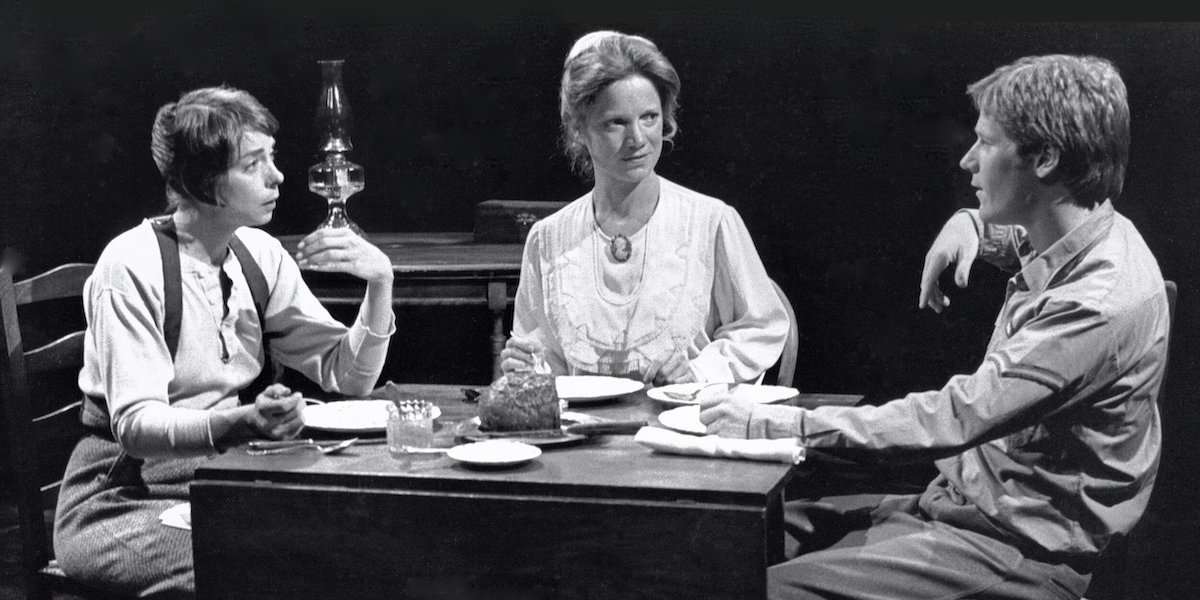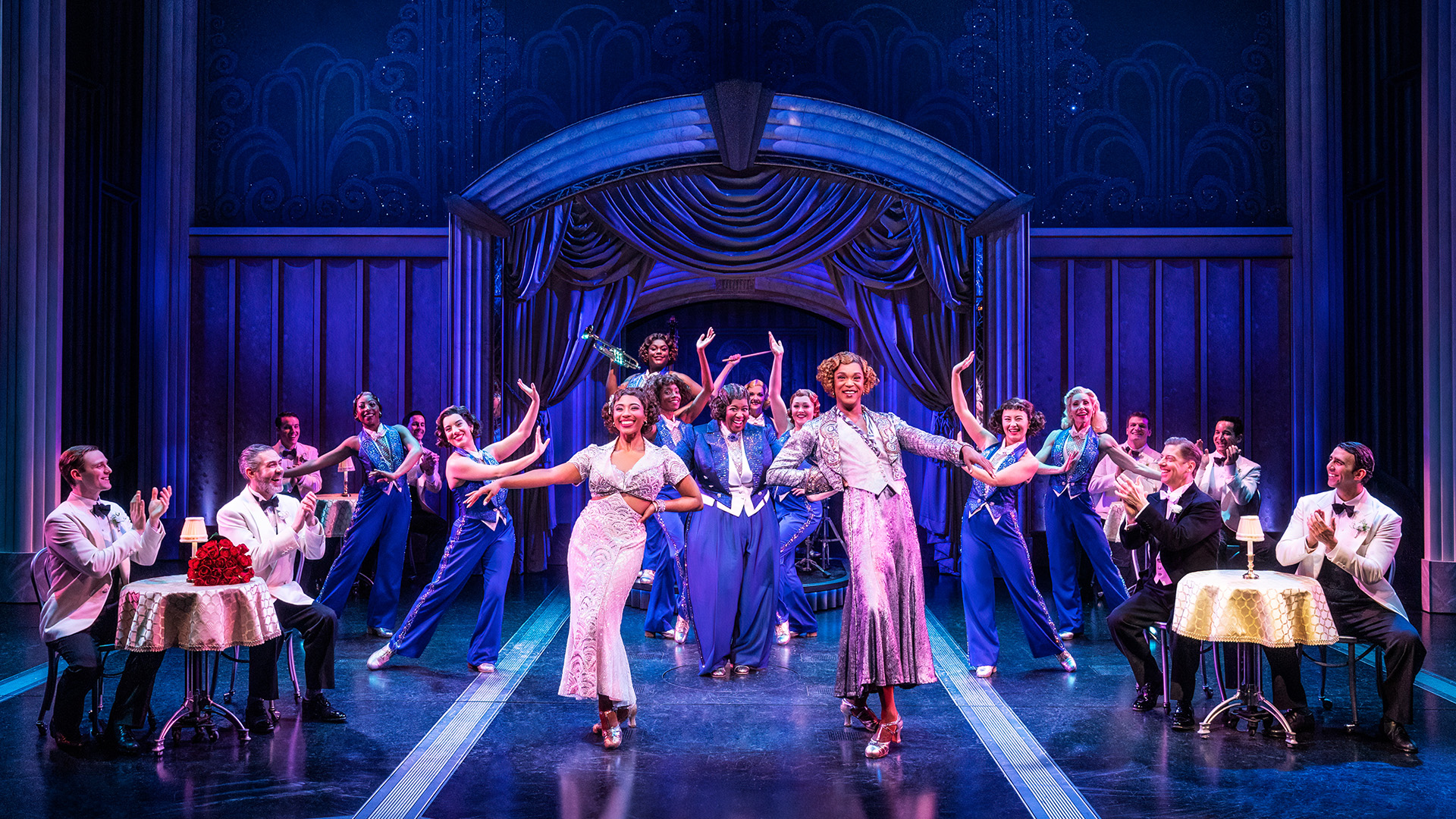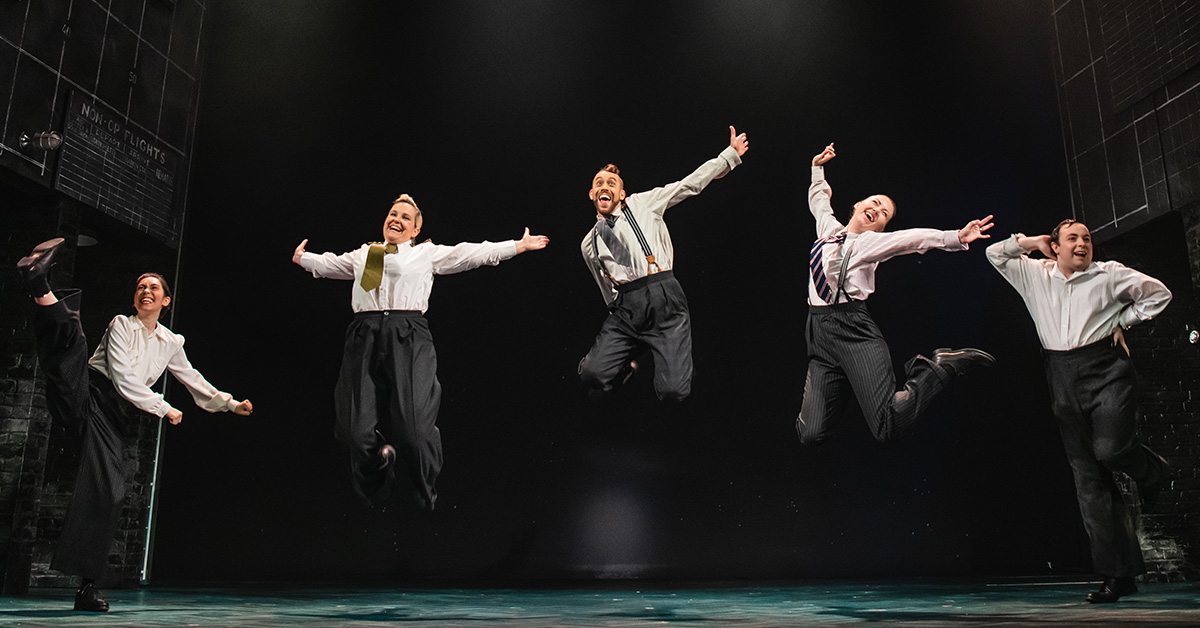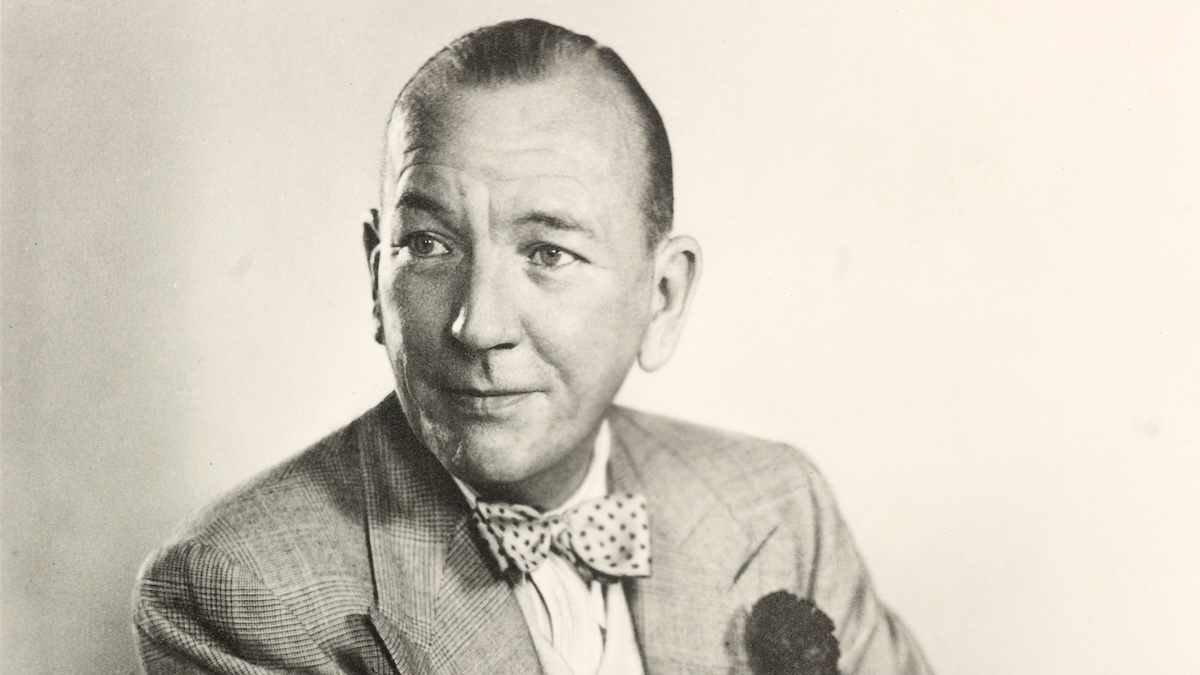
August 2020 marked the 100th anniversary of the ratification of the 19th amendment to the U.S. Constitution, ensuring that women have the right to vote. That same month, The New York Times quoted a woman as saying, “I value submitting to my husband. I would say that it takes a stronger woman to submit to a man than to want to rule over him. And I would argue that point to the death.”
To the death. The power struggle between men and women. At the core of what D.H. Lawrence was writing about when his short novel, The Fox, was first published, also nearly 100 years ago, in 1921.
The Fox (US/UK) is set in 1918 in the north of England. The Great War is ending, and the English suffrage movement, often militant, is cresting. Two young women, both approaching thirty, have become good friends and have tried to remove themselves from society’s upheavals by making a life for themselves on their newly purchased farm, far from any township.
One dark night there’s a knock on their door and one of the great issues of their time – how women and men can ever be equals as well as lovers – finds them. Henry, a young soldier returning from the trenches of WWI, claims to have lived at the farm with his grandfather and needs a place to stay.
By placing this triangle of two women and one man within a remote setting, Lawrence allows the forces of gender and nature to play out in fundamental and primitive ways. Henry is a creature of the woods, naïve of societal mores and entirely focused on survival. He’s a hunter and always curious. The women, who are also struggling with the elemental issue of survival, as well as loyalty and independence, fascinate him. Who will thrive? Who will survive?
Lawrence lived through not only WWI, but decades of the English suffrage movement as he was growing up — a movement that became increasingly violent, some women even willing to starve themselves to death for this fundamental right.
Many don’t realize how intimately Lawrence’s life was intertwined with women from an early age, and many of the machismo assumptions about him are wrong. Catherine Brown, Associate Professor, Arts and Ideas in the Humanities at the University of Michigan, points out that Lawrence “intimately described women’s lust, fears, appetites for life, in part because he was himself in some ways womanly. As a boy he played with girls; as a man he had lots of female friends; he was weak; he did the housework… Contemporary women, such as the eroticist Anaïs Nin, felt that he had described their situation amazingly well.” Many of his major works, including The Rainbow, Lady Chatterly’s Lover and Women in Love, are all centrally about strong female characters trying to find their path in life.
As I grew up in the shadow of the next great conflict, WWII, which pushed women to enter the workforce in droves and cause questioning of traditional roles, I was only peripherally aware of how women’s roles in society were evolving yet again.
As a teenager in the 1940s my major concerns in life were all traditionally focused. At seventeen, already a freshman in college, I was dating, looking for odd jobs and finally enlisted in the army and was sent to Japan on occupation duty. This became one of the major turning points in my life in many ways, but particularly in how I began to think about women. Assigned to driving a supply truck, stationed outside Tokyo, I saw Japanese men selling their wives and daughters to our soldiers for two cigarettes each.
Three months later I was sent on a slow-moving troop train through Hiroshima, just a year after we dropped the atomic the bomb on the city. Two months later in South Korea I caught a serious infection in my hand and foot that required me to be sent back to the United States for special medical treatment. With no direct flight from Japan to the States it was a harrowing five days return to the army hospital in San Francisco, where, after weeks of treatment, I was discharged.
I was shocked and shaken, diminished, alone, and awkward as I tried to re-enter civilian life. With bandages still on my foot and hand I returned to college. But I couldn’t assimilate, and young women seemed only to pity me.
Then one day I saw a friend of mine from my time in the service who suggested I join him in his new acting class at the Dramatic Workshop, led by Erwin Piscator. He thought it would be great for loosening up all those bitter feelings contending within me. And sure enough, after watching a couple of sessions and using the GI Bill for tuition, I joined the school. Another major turning point. I was enthralled by the camaraderie and insight those classes gave me, and began to devour the works of authors and playwrights whose writings helped expunge my demons.
Lawrence in particular spoke illuminatingly to me. He wrote savagely of family bonds, societal pressures and the sexual adventures and misadventures of women and men, the most mysterious of all relationships. As a young man in his twenties, the same age as when Lawrence wrote The Fox, I reeled between desiring women and wanting to protect them, trying to understand what seemed unfathomable, unable to even ask what women wished of me. I felt like I was that returning soldier in the novella.
And so, I set about adapting the book into a play. By unpacking what Lawrence was experiencing in England in the 1920s, his confusions about gender, roles and power in a time of great change, I hoped to clarify in the 1950s my own understanding of these issues, as women’s and men’s roles spun on into the future. Writing the play took me down a deeply complex journey, in many ways like Lawrence’s, I believe. And one that is just as relevant today.
The issues The Fox deals with, written a hundred years ago, are just as divisive and cauterizing now as then. In the current year of 2020, America and most of the world is still struggling over how much women legally will have control of their own bodies, equal pay for equal work, and there is still not an equal rights amendment in our constitution.
The woman quoted at the beginning of this piece still speaks for many as we struggle, both as individuals and as a society, to decipher issues of gender and power. But to also quote Catherine Brown: “There’s lots to love in Lawrence, if you’re a lover of nature, a seeker after God, someone scared of death, someone struggling with the relationship between love and lust… Or a woman.” The Fox asks how we will live together as women and men when we know we cannot live apart.
…
To learn more about The Fox, visit the Concord Theatricals website.
In the US/North America, click here. In the UK/Europe, click here.

The Latest from @ConcordShows: Spring ’24

The Latest from @ConcordUKShows: Spring ’24

